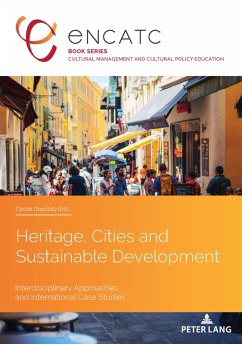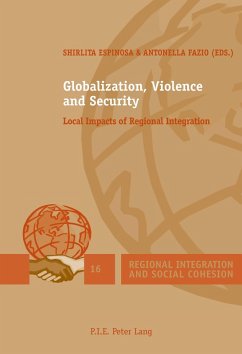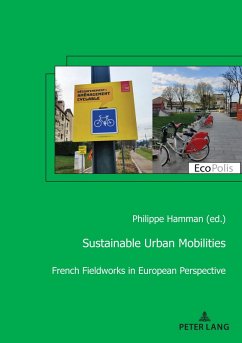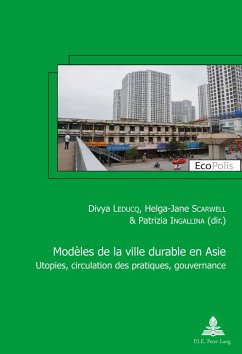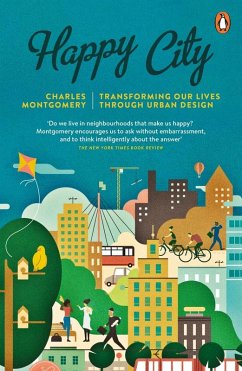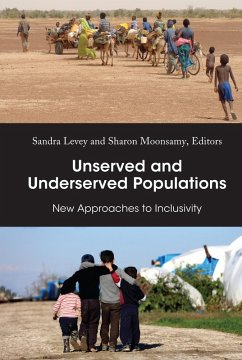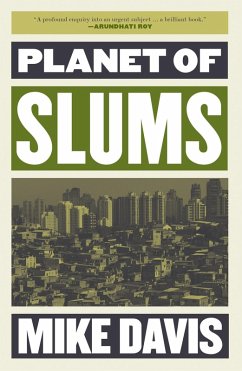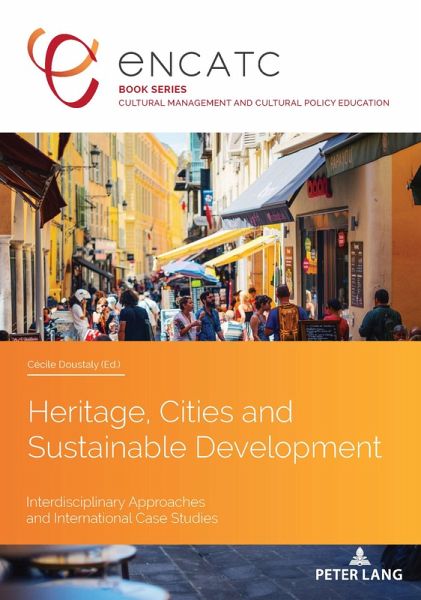
Heritage, Cities and Sustainable Development (eBook, ePUB)
Interdisciplinary Approaches and International Case Studies
Versandkostenfrei!
Sofort per Download lieferbar
Statt: 42,80 €**
36,95 €
inkl. MwSt.
**Preis der gedruckten Ausgabe (Broschiertes Buch)
Alle Infos zum eBook verschenkenWeitere Ausgaben:

PAYBACK Punkte
18 °P sammeln!
In the last decades urban and heritage paradigms have shifted greatly. Heritage preservation and urban development are no longer considered as contradictory. Legitimate definitions of cultural heritage have widened as heritagisation processes expanded and exposed the socially constructed and dynamic nature of heritage, far from the monumentalist and object-centred approach which used to prevail.What does this imply for cities which have become global players ever increasing in size, flux, power and complexity? How can heritage and development be mutually reinforcing? How can policies and pract...
In the last decades urban and heritage paradigms have shifted greatly. Heritage preservation and urban development are no longer considered as contradictory. Legitimate definitions of cultural heritage have widened as heritagisation processes expanded and exposed the socially constructed and dynamic nature of heritage, far from the monumentalist and object-centred approach which used to prevail.
What does this imply for cities which have become global players ever increasing in size, flux, power and complexity? How can heritage and development be mutually reinforcing? How can policies and practices of heritage be fruitfully integrated as a resource into wider urban change while respecting environmental, social and cultural concerns?
This volume analyses ways in which heritage recognition, conservation, valorisation and promotion have been integrated in urban planning and policies. It benefits from the cross-fertilization of specialists and practitioners in political, urban and area studies, cultural policy, sociology, anthropology, urban planning and architecture, who use a variety of methodologies to explore cities as living entities. The book examines the disputed influence of international frameworks, notably from UNESCO, and takes a holistic approach to cultural policies encompassing both theory and application, listed and unlisted sites, East and West. Case studies from Chile, China, Cuba, Ecuador, England, France and Peru allow to grasp both the diversity of situations and the converging policy and management practices. This volume's global perspective on urban issues will be of interest to urban planners, cultural policy and heritage specialists, social and human sciences researchers and students.
What does this imply for cities which have become global players ever increasing in size, flux, power and complexity? How can heritage and development be mutually reinforcing? How can policies and practices of heritage be fruitfully integrated as a resource into wider urban change while respecting environmental, social and cultural concerns?
This volume analyses ways in which heritage recognition, conservation, valorisation and promotion have been integrated in urban planning and policies. It benefits from the cross-fertilization of specialists and practitioners in political, urban and area studies, cultural policy, sociology, anthropology, urban planning and architecture, who use a variety of methodologies to explore cities as living entities. The book examines the disputed influence of international frameworks, notably from UNESCO, and takes a holistic approach to cultural policies encompassing both theory and application, listed and unlisted sites, East and West. Case studies from Chile, China, Cuba, Ecuador, England, France and Peru allow to grasp both the diversity of situations and the converging policy and management practices. This volume's global perspective on urban issues will be of interest to urban planners, cultural policy and heritage specialists, social and human sciences researchers and students.
Dieser Download kann aus rechtlichen Gründen nur mit Rechnungsadresse in A, D ausgeliefert werden.




